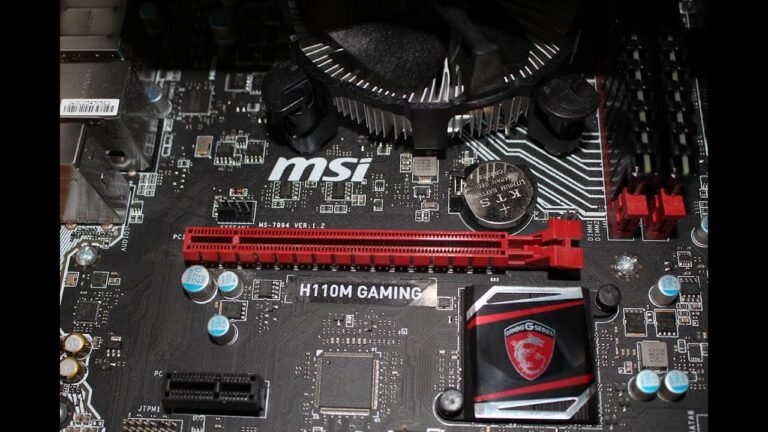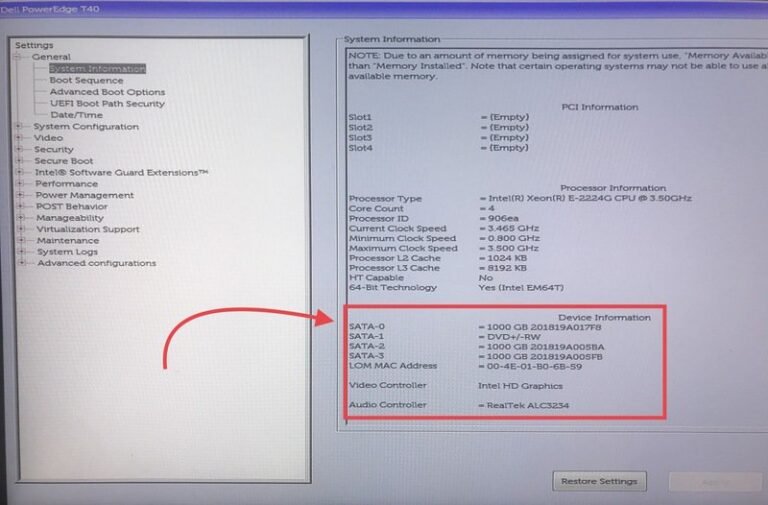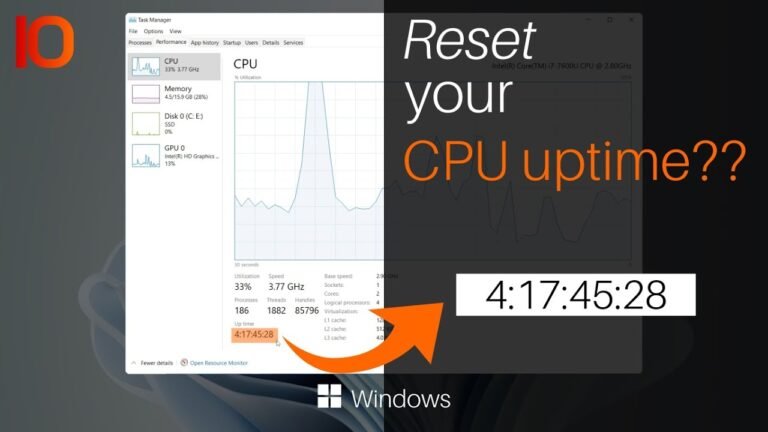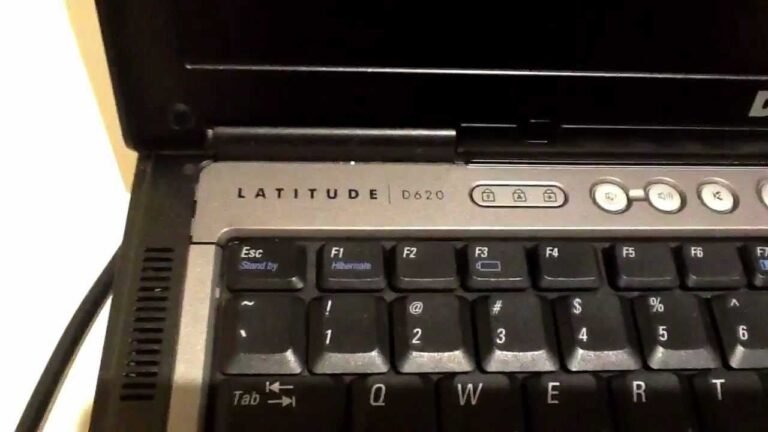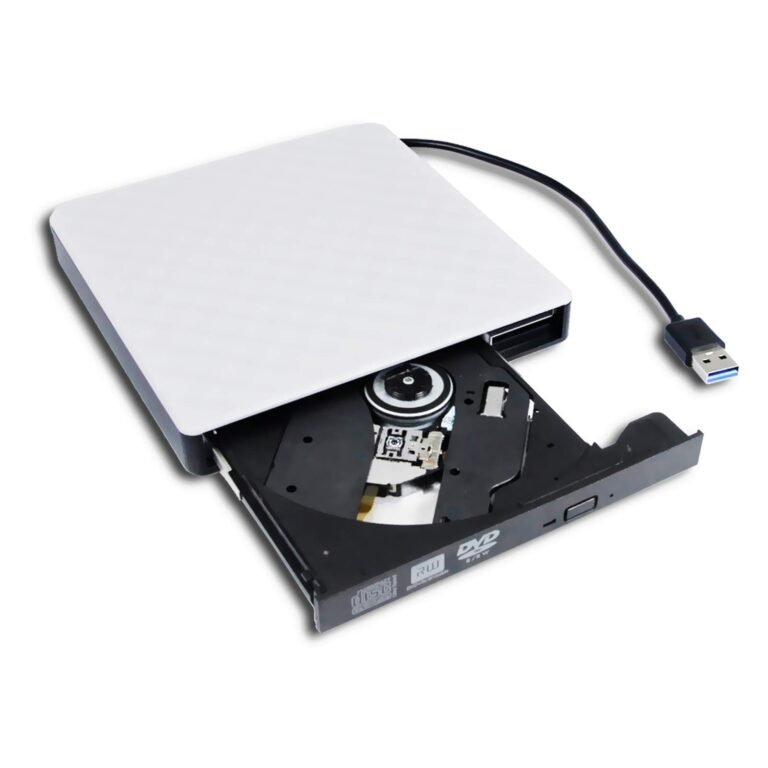Does Lower Resolution Increase Fps
No, lower resolution does not increase FPS. In fact, lowering the resolution can sometimes decrease FPS because it requires less processing power.
It’s a common misconception that lowering your resolution will increase your FPS. However, this is not the case! In fact, lowering your resolution can actually decrease your FPS.
The reason for this is because when you lower your resolution, you are essentially telling your GPU to render fewer pixels. This means that your GPU has to work less hard to generate an image, which in turn means that it can generate more images (or frames) per second.
So if you’re looking to increase your FPS, lowering your resolution is not the way to go about it.
There are other things that you can do to increase your FPS such as turning down some of the graphics settings or increasing the power of your GPU.
Does Lower Resolution Increase Gaming Performance
It’s a common misconception that lowering your resolution will improve your gaming performance. However, this is not always the case. In some instances, lower resolutions can actually lead to poorer performance.
Here’s a look at when lowering your resolution can help, and when it could hurt your gaming experience.
When it comes to PC gaming, one of the most important factors is frame rate. A higher frame rate means smoother gameplay and a better overall experience.
One way to increase your frame rate is by lowering your resolution. This is because fewer pixels need to be rendered at a lower resolution, which requires less processing power from your graphics card. As a result, you may see a significant boost in performance by reducing your resolution.
However, there are also situations where lowering your resolution can have the opposite effect. If you’re playing on an older or less powerful computer, lowering the resolution may cause additional strain on the system and actually lead to lower frame rates. In these cases, it’s often better to leave the settings at their default values or increase the resolution so that fewer pixels need to be rendered per frame.
Ultimately, whether or not lowering yourresolution will improve performance depends on individual circumstances like what game you’re playing and how powerful your computer is . If you’re unsure whether or not it will help in your specific case , try experimenting with different settings to see what gives you the best results .
Does Lower Resolution Increase Fps Valorant
It’s a common misconception that lowering your resolution will increase your FPS in Valorant. However, this is not the case. In fact, lowering your resolution can actually decrease your FPS.
This is because when you lower your resolution, you are effectively decreasing the number of pixels that need to be rendered by your GPU. As a result, your GPU has to work harder to render the same image, which can lead to a decrease in FPS.
Does Lowering Resolution Increase Fps Android
It is a common misconception that lowering the resolution of your Android device will increase your FPS (frames per second). This is not true! In fact, lowering the resolution can actually decrease your FPS.
The reason for this is because when you lower the resolution, you are essentially making the game easier to run. The trade-off is that the game will look worse. So if you’re looking to improve your FPS, it’s best to leave the resolution alone and focus on other things like graphics quality or frame rate limiter settings.
Lowering Resolution Does Not Increase Fps
We’ve all been there. We’re in the middle of a heated match and our computer starts lagging. We frantically search for ways to improve our fps, and one suggestion is always to lower our resolution.
But does this actually help? The short answer is no.
Let’s take a look at why this doesn’t work.
When we lower our resolution, we are essentially telling our computer to display less information on the screen. This means that our GPU has less work to do, and therefore we would expect an increase in fps. However, this is not always the case.
The reason lowering your resolution doesn’t increase fps is because it also decreases the quality of your image. This can lead to your GPU having to work harder to render the same image at a lower quality, which can offset any gains you might have seen in fps. Additionally, many games are designed with specific resolutions in mind, so lowering your resolution can actually make the game look worse overall.
So what should you do if you’re looking for ways to improve your fps? There are a number of things you can try, but one of the best things you can do is invest in a better GPU. A higher end GPU will be able to handle more information and provide a smoother gaming experience overall.
If you’re on a budget, there are still some things you can do to improve your fps such as disabling unnecessary features like anti-aliasing or shadows .
Does Lowering Resolution Increase Fps Xbox Series X
We’ve all been there. We’re in the middle of an intense gaming session when suddenly, our game starts lagging. It’s frustrating, and it can ruin the whole experience.
But what causes this lag, and is there anything we can do to fix it?
The answer is yes – there are a few things you can do to try and improve your FPS (frames per second). One of those things is lowering your resolution.
Does lowering resolution increase FPS? In some cases, yes – but it depends on how your Xbox Series X is configured.
If you have an older TV or monitor, chances are it doesn’t support 4K resolutions.
So even though your Xbox Series X is capable of outputting 4K resolutions, if your TV can’t display it, you’re not going to see any difference. In fact, you may even see a decrease in FPS because your console is working harder to render the image at a higher resolution that your TV can’t even display.
So if you’re playing on an older TV or monitor, lowering your resolution to 1080p may actually give you a boost in FPS.
Of course, this means that you won’t be able to take full advantage of the stunning 4K graphics that the Xbox Series X has to offer – but if smooth gameplay is more important to you than pretty visuals, then this could be a viable option.
There are other factors that can affect FPS as well – such as whether or not you have HDR enabled. If you’re finding that lowering your resolution doesn’t help improve FPS, then disabling HDR might be worth a try.

Credit: www.tweaktown.com
Can Resolution Affect Fps?
It is commonly believed that the resolution of a game can affect the number of frames per second (FPS) that a player experiences. However, there is no clear evidence to support this claim. While it is true that certain resolutions require more processing power than others, it is not necessarily the case that this will result in lower FPS.
In fact, most experts agree that the resolution has little to no impact on FPS.
One of the main reasons why people believe that resolution affects FPS is because they assume that higher resolutions require more processing power. However, this isn’t always the case.
For example, 1080p requires more processing power than 720p, but 1440p actually requires less power than 1080p. This is because 1440p uses a different pixel layout which is more efficient for GPUs to process.
Another reason why people think resolution affects FPS is because they confuse frame rate with refresh rate.
Refresh rate is the number of times your monitor refreshes the image on screen per second, while frame rate is the number of images your GPU can generate per second. Resolution only affects frame rate if your monitor can’t keep up with your GPU’s output (this usually isn’t an issue unless you’re using an extremely high-end setup).
So, in conclusion, resolution does not have a significant effect on FPS.
If you’re experiencing low FPS, it’s more likely due to other factors such as your graphics settings or hardware limitations.
Does Higher Resolution Mean Better Fps?
No, higher resolution does not necessarily mean better FPS. A number of factors can affect FPS, such as the type of graphics card you have, the settings you’re running the game at, and even your monitor’s refresh rate. That said, if you are looking to improve your FPS, there are a few things you can do.
One is to lower your resolution; while this will make everything look a bit blurrier, it will also free up some resources that could be used to improve your FPS. Another option is to change your graphics settings; lowering the quality of certain effects can help improve your framerate. Finally, if you’re still having trouble getting a good framerate, you may want to consider upgrading your hardware.
What Resolution is Best for Fps?
There is no one definitive answer to this question as it depends on a number of factors, including the type of game you are playing, your graphics card and monitor, and your personal preferences. Generally speaking, however, higher resolutions will result in smoother gameplay and better image quality. So if you’re looking for the best possible gaming experience, aim for a resolution of 1920×1080 or higher.
Is 720P Better for Fps?
There is a lot of debate in the gaming community about which resolution is better for FPS games, 720p or 1080p. Some gamers think that 720p is better because it offers a smoother gameplay experience, while others believe that 1080p is the way to go because it provides a sharper image. So, which one is actually better?
The answer may surprise you – it depends on your setup. If you have a powerful gaming rig with a high-end graphics card, then you will definitely want to take advantage of the higher resolutions that your card can handle and go for 1080p. However, if you don’t have as powerful of a system, 720p may be the better option for you since it won’t put as much strain on your system and will still provide an enjoyable gaming experience.
Does Lowering Your Resolution To 900p REALLY Increase FPS?
Conclusion
The blog post argues that lower resolution does not necessarily increase fps. The author provides several examples to support this claim. Overall, the blog post is convincing and provides good evidence to support its claims.




